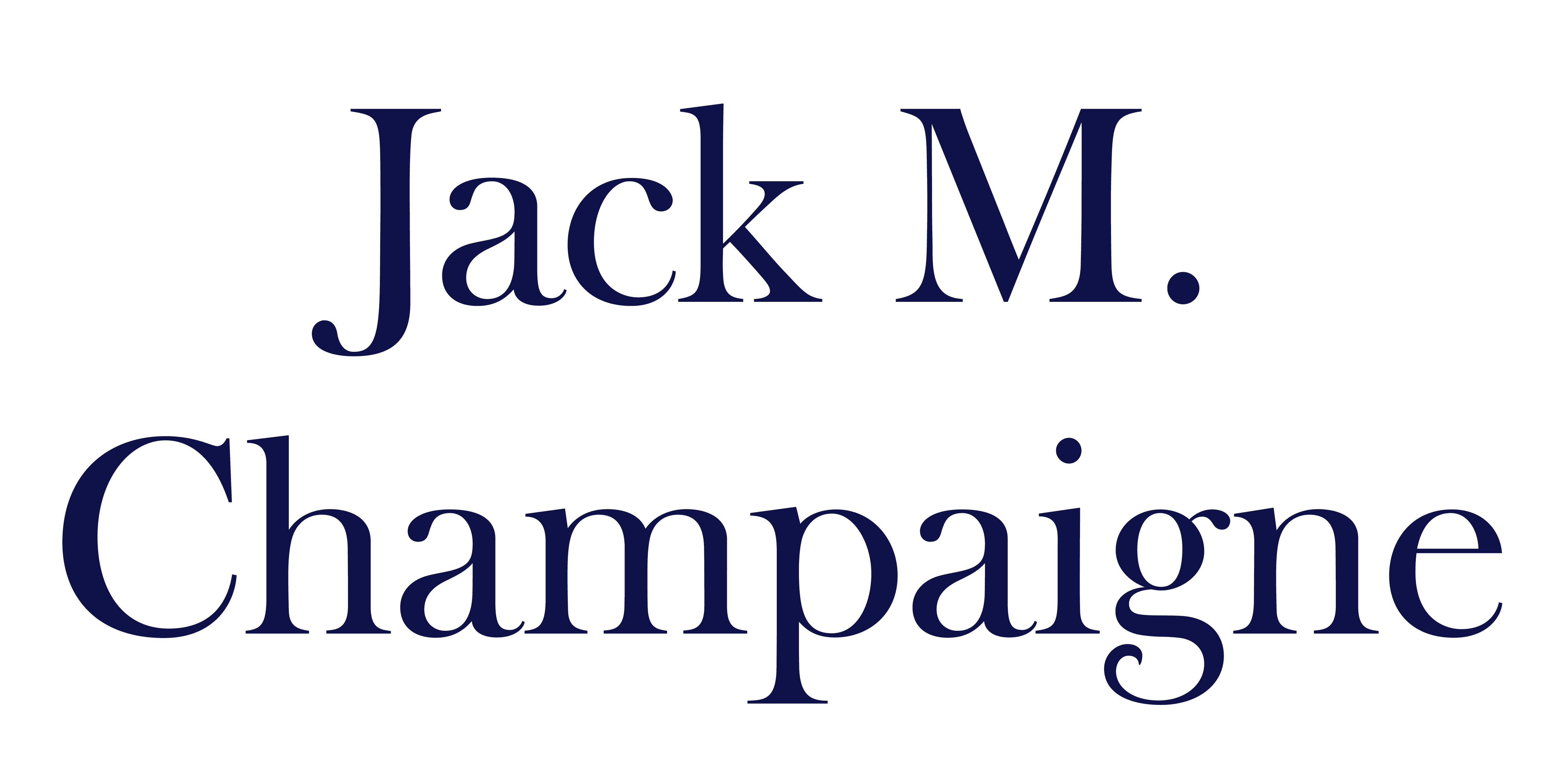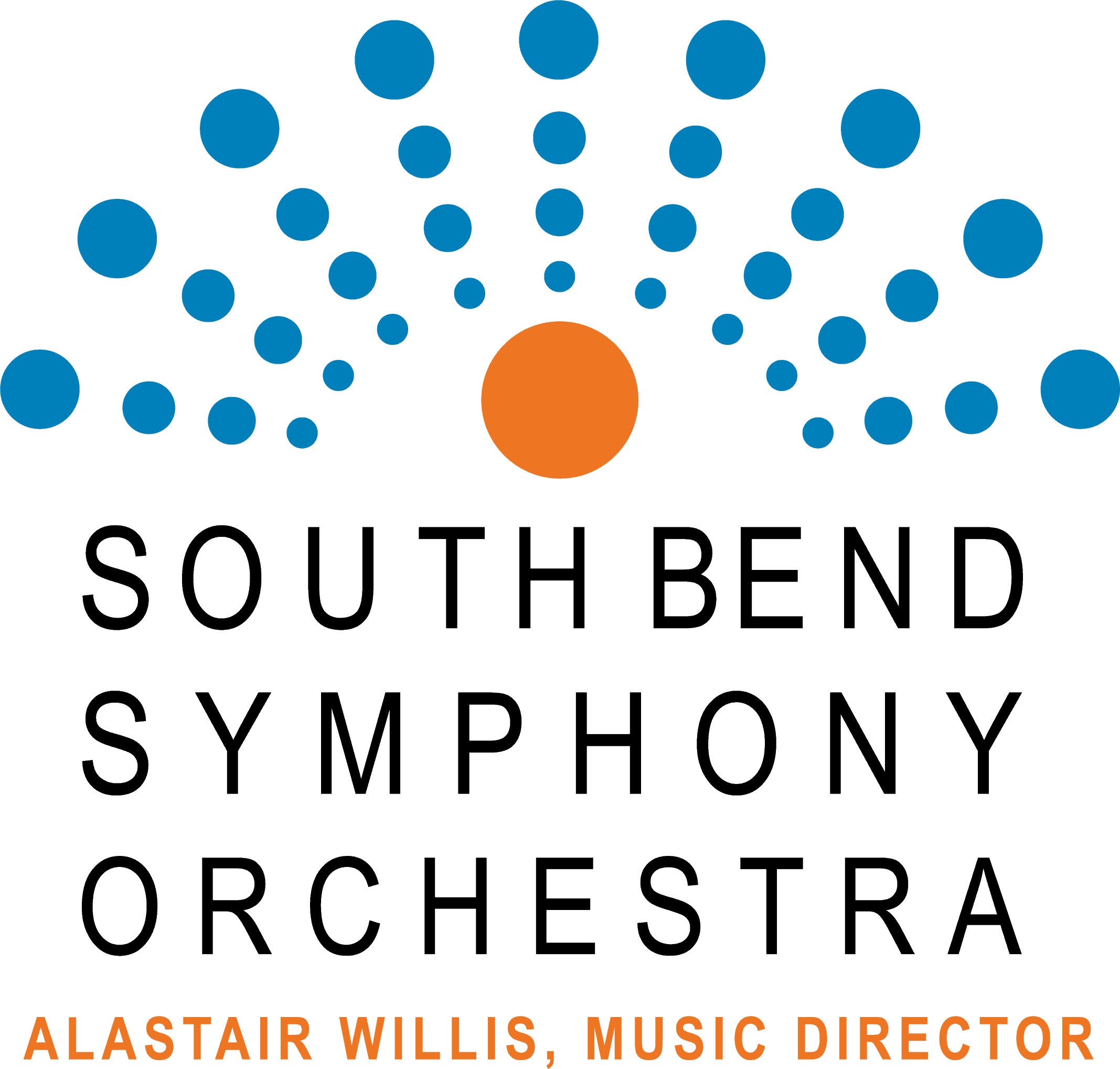October 20, 2024 / 2:30 p.m.
Immerse yourself in the magic of Mozart as Tania Miller conducts Sara Davis Buechner in one of his beloved piano concertos. Additional details to be released.
Secure your seat with a Season subscription. Visit www.southbendsymphony.org or call 574-232-6343 to save your seats and get the best prices! Single tickets on sale July 22, 2024.
Calendar for Mozart's Piano Concerto No. 25 in C
Getting to the Venue
DeBartolo Performing Arts Center
100 Performing Arts Center
University of Notre Dame
South Bend, IN 46556-4600
DeBartolo Performing Arts Center
DeBartolo Performing Arts Center, Performing Arts Center, Notre Dame, IN, USA
Sponsors


